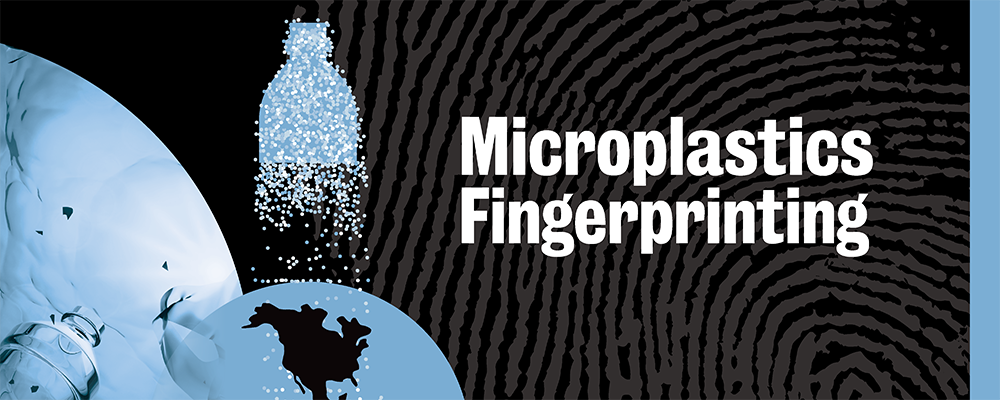
The
Microplastics
Fingerprinting
research
project
team,
led
by
Water
Institute
member
Philippe
Van
Cappellen,
principal
investigator,
professor,
Department
of
Earth
and
Environmental
Sciences
and
Canada
Excellence
Research
Chair
Laureate
in
Ecohydrology,
are
excited
to
announce
the
launch
of
a
new
project
website.
The
website,
and
associated
project,
are
in
response
to
plastics
pollution,
a
global
and
growing
environmental
hazard
with
potentially
far-reaching
consequences
for
food
webs,
biodiversity,
ecosystem
services
and
human
well-being
because
their
small
size
which
enhances
their
mobility,
toxicity,
and
capacity
to
leach
potentially
dangerous
contaminants.
The Microplastics Fingerprinting at the watershed scale: from sources to receivers projectseeks to better understand the sources, transport, fate and exposure risks of microplastics. More specifically, the project will analyze the reactivity and breakdown of microplastics in river systems and reservoirs, quantify the loads of microplastics delivered to the lower Great Lakes, optimize microplastics elimination in wastewater treatment plants, and determine the abundance and diversity of microplastics in drinking water sources. In doing so, the project will inform program and policy approaches that can mitigate risks posed by plastic debris in the environment.
The
new
website
will
publish
research
updates
and
findings
to
collaborators,
other
microplastics
researchers,
and
those
who
are
interested
in
identifying
science-informed
strategies
for
addressing
this
challenge.
The
website
features
an
overview
of
the
project’s
objectives
and
easy-to-navigate
menus
that
allow
readers
to
learn
more.
The
News
section
allows
visitors
to
access
timely
content
such
as
publications,
events
and
workshops
as
well
as
knowledge
mobilization
and
communications
products.
If
you
would
like
to
receive
updates
about
the
microplastics
project, please
subscribe to
their
bi-monthly
newsletter.
